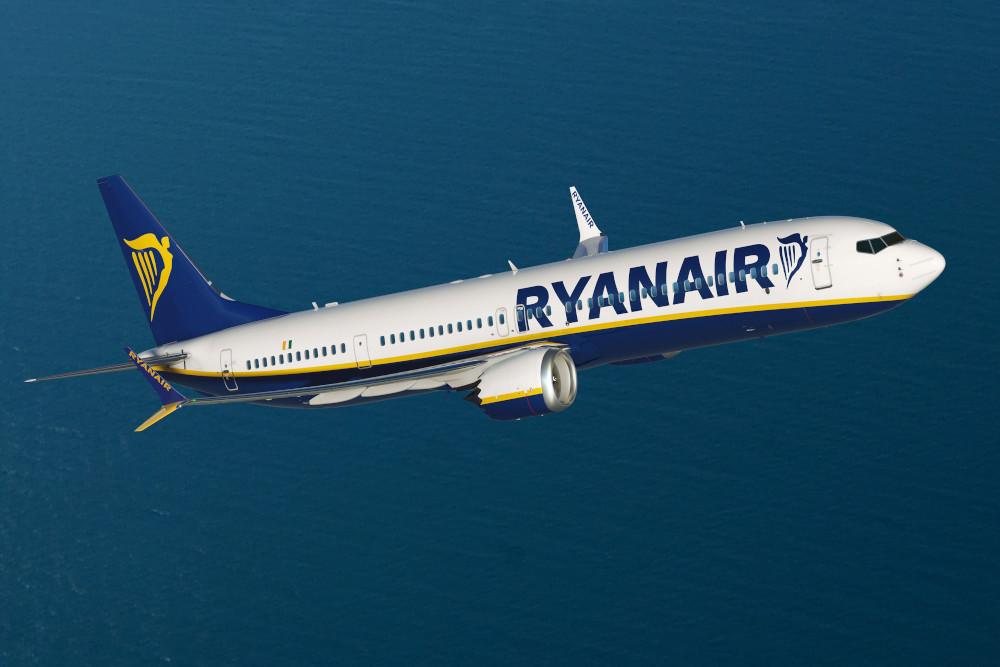
Ryanair's latest order includes 150 737 Max aircraft with options for 150 more.
As part of fleet growth plans which will help it capitalize on rising passenger demand and expand to the Middle East and North Africa, Irish airline Ryanair has signed a letter of agreement (LoA) with Boeing for up to 150 orders and 150 options for 737 MAX 10 aircraft powered by CFM International Leap-1B engines. The LoA also includes a provision of spare engines.
The agreement will further grow the Leap-1B’s presence in the market and eventually bring further work to CFM’s global aftermarket network. Ryanair currently has 103 Leap-1B powered 737 MAX aircraft and it expects deliveries of the latest engine order from 2027.
No announcement has been made related to the service arrangements of the engines, with CFM later confirming to Aviation Week that there is no services agreement in place. The Leap, while still a relatively fledgling engine program, is projected to be one of the leading drivers of the narrowbody aftermarket over the next decade alongside the competing Pratt & Whitney PW1000G GTF.
Aviation Week’s Fleet & MRO Forecast data projects total MRO spending of $106.8 billion for the Leap aftermarket from 2023-32. The -1B variant used to power the 737 MAX is expected to see delivery volumes of approximately 13,892 from 2023-31.
Like most low-cost airlines, Ryanair outsources its heavy engine maintenance to third-party MRO providers but keeps a majority share of work related to airframe maintenance in-house.
Around 80% of its existing maintenance work is done in-house at its home base in Dublin, Ireland and at locations in Kaunas, Lithuania; Wroclaw, Poland; Seville, Spain and Glasgow, Scotland. The airline is doubling down on its maintenance infrastructure. Last month, it announced plans to build a new four-bay hangar at Dublin Airport as part of a €40 million ($44.1 million) investment.
Since COVID-19, CFM has battled against supply chain constraints that have impacted production targets of both its -1A and -1B variants. In the aftermarket, constraints have led to airline customers experiencing longer turnaround times. However, the engine manufacturer has identified signs of improvement and remains upbeat about the future state of its supply chain.
This would be welcome news to the industry, given the first early Leap engine inductions are expected from 2025. By 2030, CFM hopes to have around 20 facilities—both OEM and partners—with overhaul capabilities.
